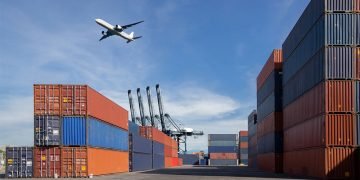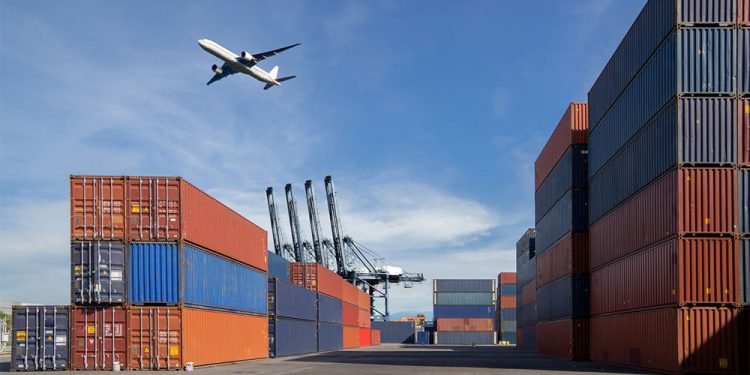March 5, 2025
By Rayan Amir – The Logistic News
In a move set to reshape global supply chains, the U.S. Trade Representative (USTR) has proposed imposing hefty port fees on Chinese-built or operated vessels docking at U.S. ports. The proposed charges, ranging between $500,000 and $1.5 million per port call, aim to counter China’s dominance in the global shipbuilding sector while reinforcing the American maritime industry.
Shipping Costs on the Rise – What It Means for Global Trade
Industry experts warn that these new tariffs could increase ocean freight costs, leading shipping lines to adjust their routes, reduce U.S. port calls, or pass on the higher expenses to importers. As a result, businesses heavily reliant on transpacific shipping could face increased costs and extended transit times.
“With these new levies, we expect a significant shift in global trade logistics,” says Peter Sand, chief analyst at Xeneta. “Importers will seek alternative routes, while some may turn to air cargo as a faster but costlier option.”
Air Cargo: A Beneficiary of the Shipping Crisis?
As maritime freight becomes more expensive and unpredictable, air cargo could see a surge in demand. Businesses looking to avoid delays and maintain supply chain efficiency may choose air freight despite its higher costs. This pattern has been observed previously during major shipping disruptions, such as the U.S.-China trade war and the COVID-19 pandemic.
“We have seen how market shifts in ocean freight directly impact the air cargo sector,” notes an industry executive. “With higher sea freight charges, time-sensitive goods, e-commerce shipments, and hi





















